In China, students who score high on the national college entrance exam (Gaokao) have long been considered to be more likely to succeed in the future. This group often has the opportunity to study at top universities such as Tsinghua or Peking...
However, some valedictorians this year chose a different path. They prioritized training institutions with strengths in fields that provide stable jobs or are related to new fields such as artificial intelligence (AI).
The trend comes as China's youth unemployment rate rose to 18.9% in August, its highest level in two years, leaving many students and their parents worried about their ability to find work after graduation.
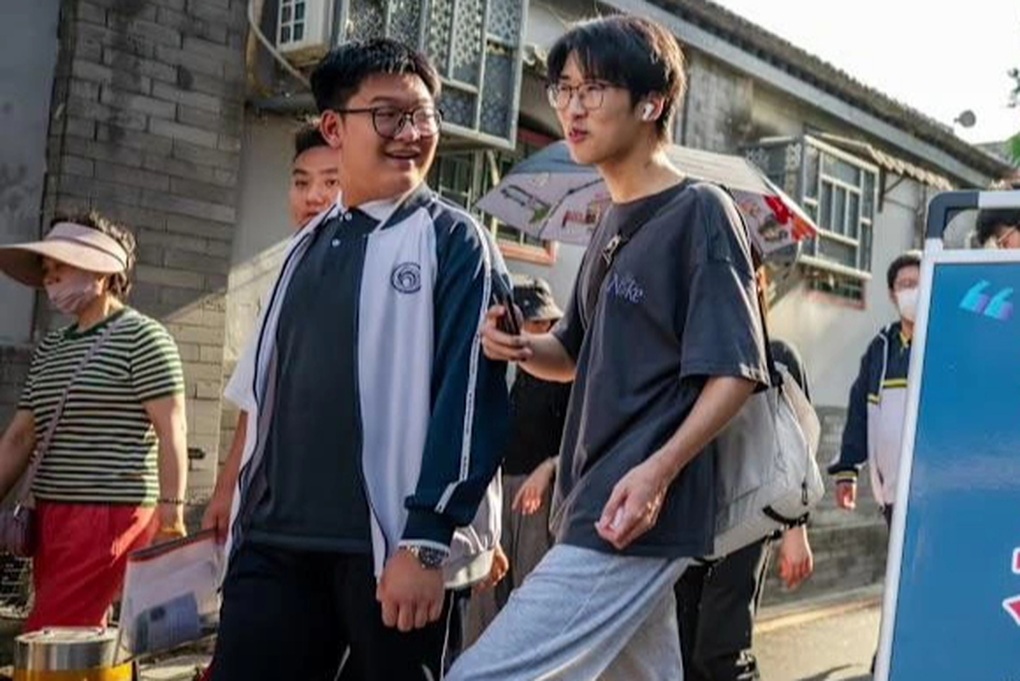
Students leave an exam site at a high school in Beijing (Photo: CNA).
Many valedictorians do not choose top schools, prioritizing practical majors
Last August, the announcement of several valedictorians rejecting top universities became a hot topic on Chinese social media.
A Beijing valedictorian has turned down Peking University to study Artificial Intelligence at Zhejiang University in Hangzhou. The city is home to DeepSeek, a technology company founded by Zhejiang University alumni.
Another outstanding student in Chongqing chose to study Semiconductors at Westlake University, a newly established school in Hangzhou.
According to Shaun Rein, managing director of China Market Research Group (CMR), these students are not looking for an easier path but are making a realistic and market-relevant choice.
The labor market strongly affects career choice trends.
As Chinese students face difficulties in finding jobs, many valedictorians have become cautious in choosing schools and majors.
“Many people want jobs, but lack the skills the market needs,” said Heron Lim, a lecturer at ESSEC Business School. He believes that the current labor market does not have enough jobs to meet workers’ expectations.
Xiong Bingqi, director of the 21st Century Education Research Institute, said many students are willing to reject top schools to choose majors with better job prospects. For example, a student might give up Shanghai Jiao Tong University (ranked 4th in the country) to choose Shanghai Customs University (ranked 262nd) to have the opportunity to work in a government agency.
“These choices clearly reflect today's job market, where many students and parents prioritize career stability over school reputation,” he said.
Mr. Rein said that many students are worried about having to work in a different field after graduation, so they tend to choose a field that is easy to find a job.
On a CNA program, he added that the expected salary of graduates has decreased in recent years, due to the economic downturn and the increasing number of bachelor's degrees.
Before the Covid-19 pandemic, Tsinghua University graduates often asked for a salary of 15,000-20,000 yuan/month when applying for a job at his company.
“Now, they only expect about 8,000 to 10,000 yuan a month. Although it is still easier for students from top universities to find jobs, their salaries are currently only about 30% to 50% of those of students graduating in 2019,” he said.
Military schools attract candidates thanks to stable job opportunities
According to the Chinese Ministry of National Defense , this year there were 135,000 students applying to military schools. This is considered a record number.
Thanks to policies such as tuition exemption, monthly allowance and job guarantee after graduation, military schools such as the National University of Defense Technology are attracting more and more candidates.
One parent told CNA: “With the current unemployment situation, it is not necessary to go to a top school to be a good choice for the future.”
Schools like Zhejiang University are investing heavily in new fields like semiconductors and artificial intelligence to attract top students, Mr. Rein added.
Traditional majors are no longer chosen by many candidates.
According to domestic reports, the number of students enrolling in traditional majors such as history or philosophy at top schools is falling sharply.
Many excellent students said that instead of studying humanities at Peking University, they would prefer to choose new fields such as artificial intelligence or semiconductor technology.
China plans to adjust about 20% of university majors this year, adding more programs related to emerging technologies and eliminating those that no longer meet social needs.
However, some experts warn that universities should not focus solely on employment goals.
“Universities are places for comprehensive training, not vocational training centers. The goal of higher education is to develop students’ comprehensive capacity and qualities. Training according to market needs should belong to vocational schools,” Mr. Xiong emphasized.
Xuanzang
Source: https://dantri.com.vn/giao-duc/nhieu-thu-khoa-quay-lung-voi-cac-dai-hoc-top-dau-20251020222452229.htm



![[Photo] National Assembly Chairman Tran Thanh Man attends the VinFuture 2025 Award Ceremony](/_next/image?url=https%3A%2F%2Fvphoto.vietnam.vn%2Fthumb%2F1200x675%2Fvietnam%2Fresource%2FIMAGE%2F2025%2F12%2F05%2F1764951162416_2628509768338816493-6995-jpg.webp&w=3840&q=75)
![[Photo] 60th Anniversary of the Founding of the Vietnam Association of Photographic Artists](/_next/image?url=https%3A%2F%2Fvphoto.vietnam.vn%2Fthumb%2F1200x675%2Fvietnam%2Fresource%2FIMAGE%2F2025%2F12%2F05%2F1764935864512_a1-bnd-0841-9740-jpg.webp&w=3840&q=75)



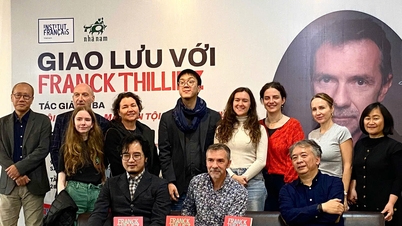

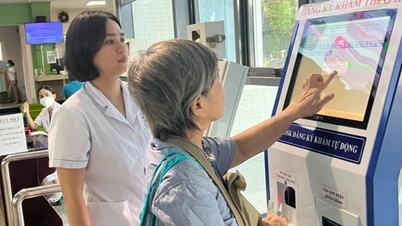




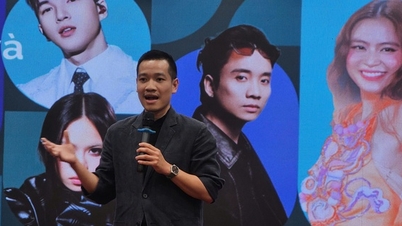

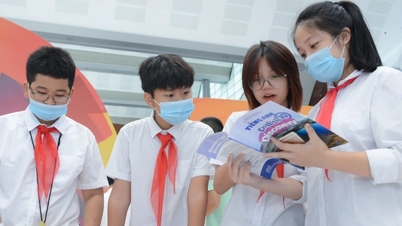
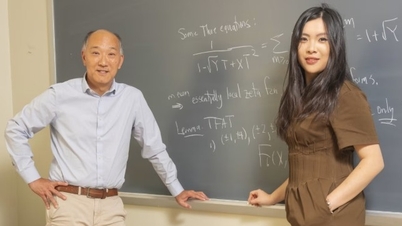

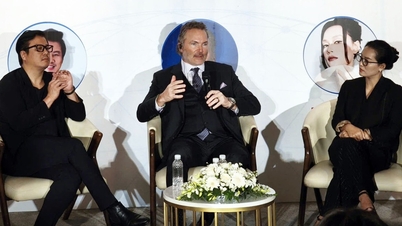

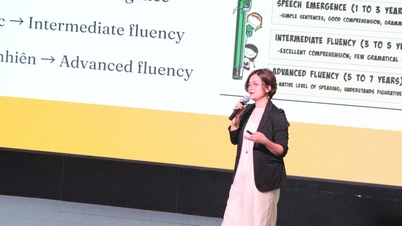
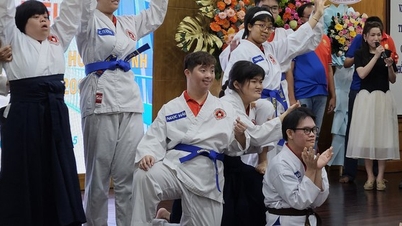
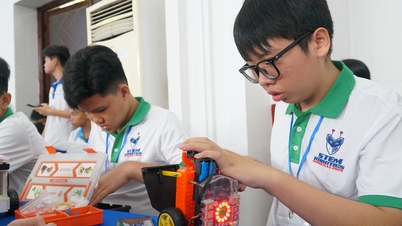
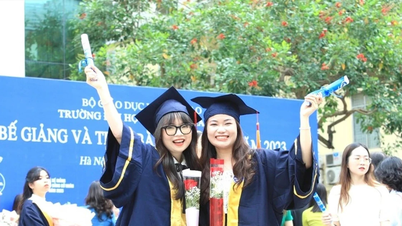





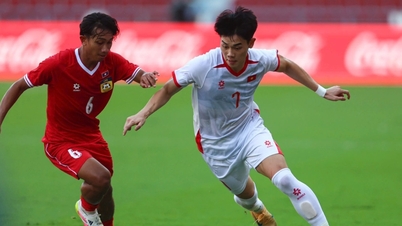

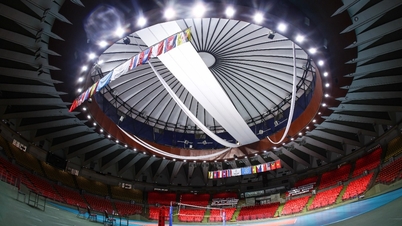

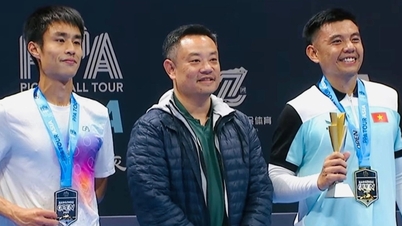
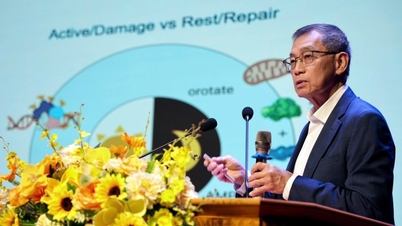









































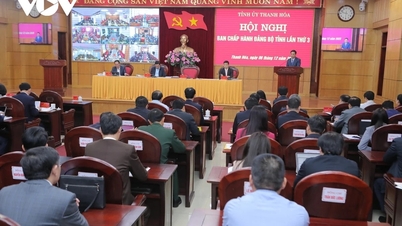



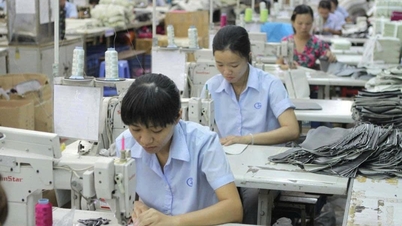




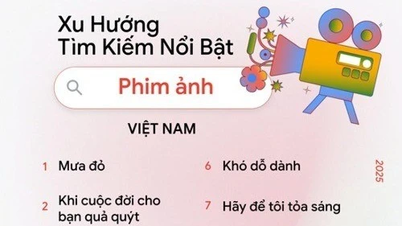
















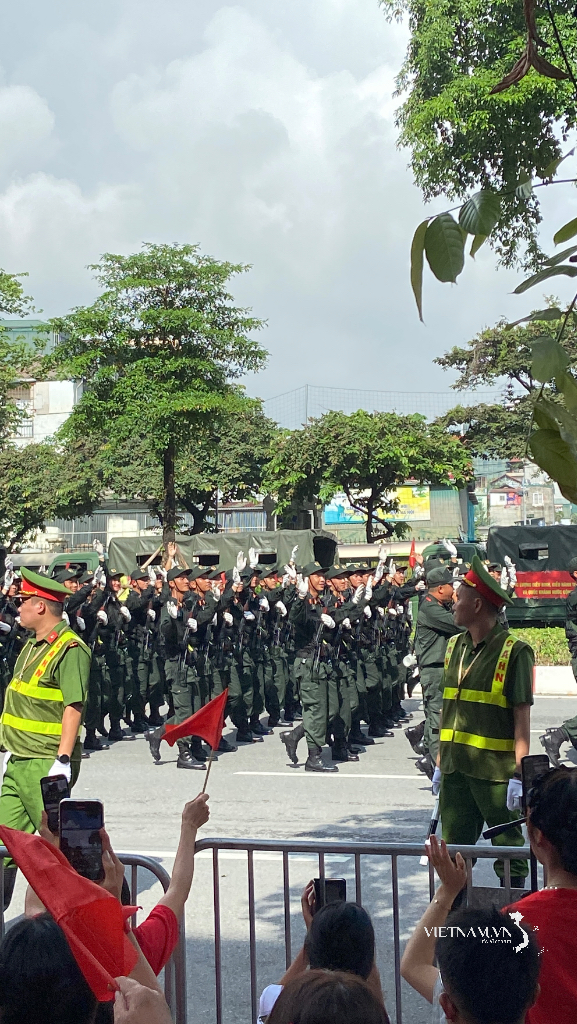





Comment (0)